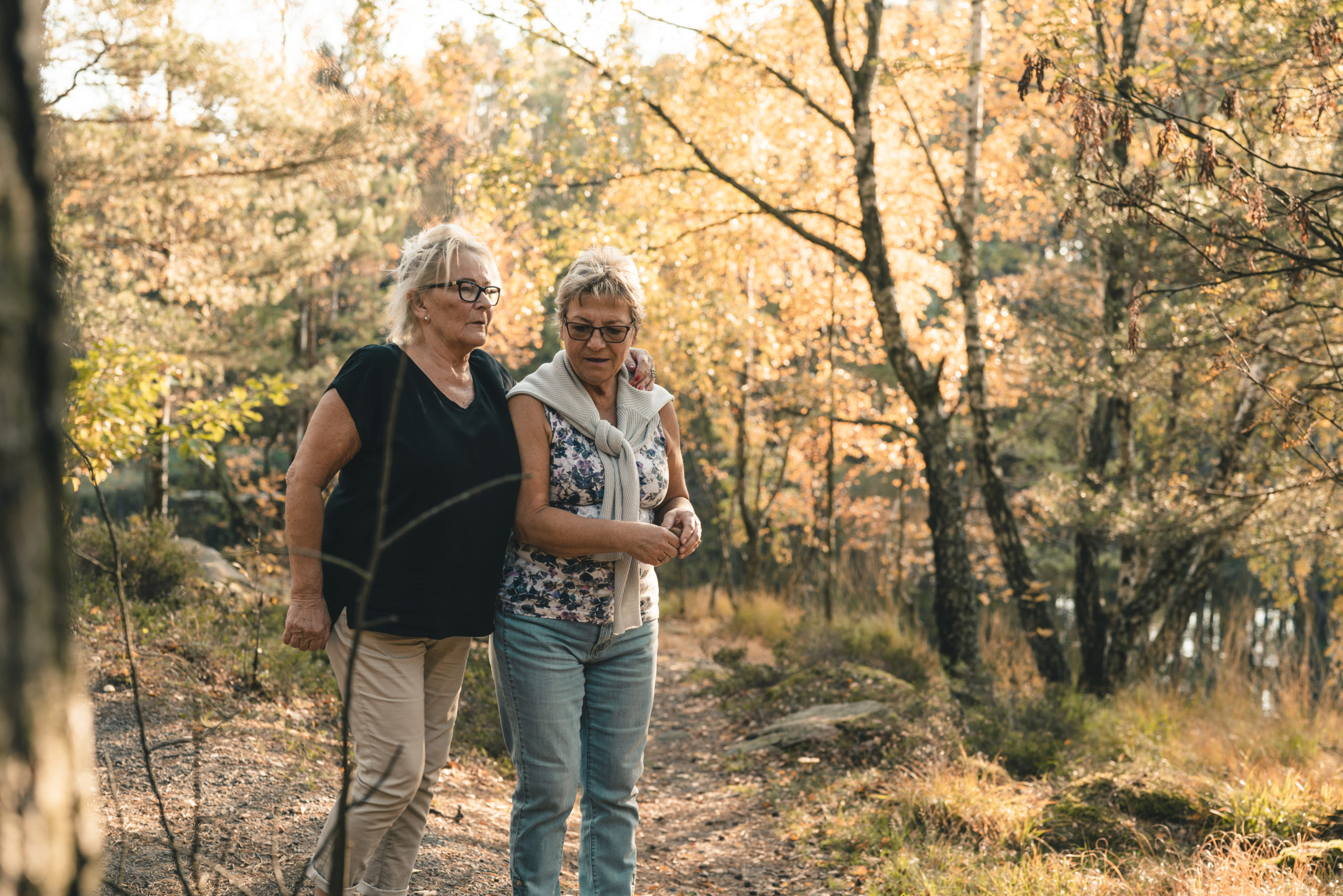This year, Chinese Lunar New Year begins on February 12. All over the world, families of Chinese and other Asian heritages will be celebrating this special holiday with delicious food, festive activities and traditional customs.
According to the Chinese Zodiac, this is the Year of the Ox. However, this year and onwards, I will continue to wear my red dragon pin. People often will compliment me on its beauty and ask if the dragon is my zodiac animal. I always reply: “No, this dragon is the symbol of my journey as a family caregiver for my elderly mother.”
My journey as a family caregiver has been a long one. I first was a long-distance carer, using my vacation days from work to travel to check on my ageing parents who still lived in the house where I grew up. Then, after the unexpected death of my father, I assumed full-time care for my mother. She has had Parkinson’s Disease for decades and within the last two years, has been diagnosed with dementia.
During these years as a family caregiver, I have evolved from a ‘dragging’ daughter (dragging with fatigue, uncertainty, fear and worry) to a ‘Dragon Daughter’ who is empowered with information and support.
Family Caregivers Who Are Immigrants
The start of my family caregiving journey was very difficult. I am a ‘1.5-generation’ immigrant whose family left for the United States when I was six years old.

Lily Liu with her mother Lin Liu.
Family caregivers who are immigrants in another country tend to not have an extended family network they can rely on in providing help and/or respite care. I call this ‘not having enough hands on deck to help’. And in a country as large in size as the United States, siblings may live far away and be unable to help with caregiving.
In addition, immigrant family carers can feel the weight of tradition but are not able to effectively observe heritage customs because of a lack of knowledge about them.
In my case, although I have not read Confucius’ writings, I think the Confucian value of filial piety (孝) is simply in my DNA. I never thought about putting my mother in a senior living facility. But in order to care for her in a home setting in a 21st century Western society, I have had to make decisions (some would say ‘sacrifices’) that have had a negative effect on my career, my financial security and my retirement plans.
The Importance of Health Literacy
As my mother’s health has declined, the responsibilities have increased, as has my knowledge of the acronyms associated with caregiving. My mother needs help with ADLs (activities of daily living), with tasks including bathing her, assisting her with toileting, feeding her, as well as transferring her from wheelchair to bed. I also have to mind that she doesn’t develop a UTI (urinary tract infection). It’s truly an alphabet soup of acronyms.
Our elderly loved ones in immigrant families, in America, often do not have native fluency in English, so family caregivers sometimes need to serve as their interpreters and help translate medical, legal, financial and other terms so that they can understand. Us caregivers also have to be navigators – to help them make their way through a very complicated healthcare system.
The responsibilities of family caregiving can be intimidating. But from my personal experience, I decided I was not going to wallow in despair. As the renowned American author Alice Walker once wrote: “The most common way people give up their power is by thinking they don’t have any.”
We family caregivers have power: power to search for solutions for our loved one’s needs, power to become their advocate and power to help foster changes in policy, legislation, the marketplace and other sectors.
As I extend to my fellow family caregivers all over the world my warmest new year greetings, I encourage you to also evolve into a ‘Dragon Son’ or ‘Dragon Daughter’.
This blog was written by Lily Liu, who is based in Washington, D.C. The majority of her career was spent as a communications professional at a non-profit organisation. Lily is fluent in speaking Mandarin Chinese and is currently writing a book about her experiences as a family caregiver.
To find culturally-tailored services and support, reach out to your local association.


